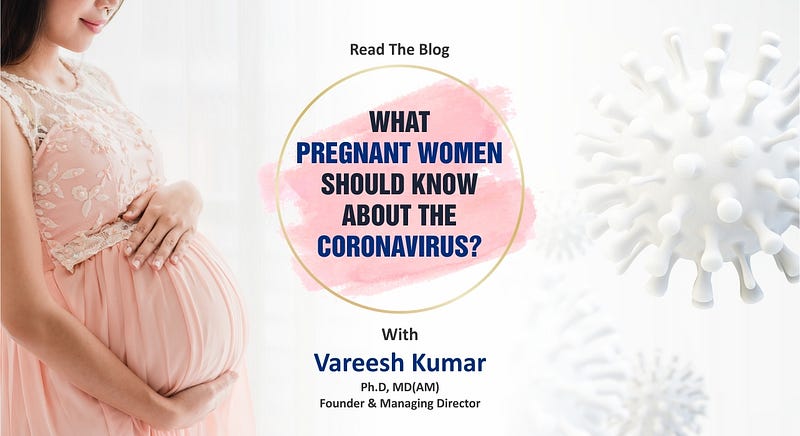
Pregnancy is the most rewarding experience, women are blessed with. Not only hormones are changing drastically, altering your body and immune system, but also your mind brainstorms with zillions of questions and worries.
But a virus has replaced this feeling of excitement for expecting mothers with agony, fear and suffering. The fight against the coronavirus was started with a single case in Wuhan, China reported in November 2019, but from then onwards the curve never got flattened.
With the aggravating situation and death toll increasing exponentially, World Health Organisation the had to publicly declare COVID-19 as “pandemic” on 30 January 2020.
The increasing death stats have left the expecting mothers in jitters, and they fear for the wellness of their babies. If you are expecting or your loved one is, here’s what you should know about the virus.
What is COVID-19?
COVID-19 also known as novel coronavirus, refers to the infection caused by a coronavirus. The coronavirus is a family of zoonotic viruses ( the viruses transmitted from animals to humans) producing a range of illnesses like the severe common cold, respiratory problems and ultimately reaching a stage where it damages your lungs completely.
Doctors refer to the virus as the respiratory tract infection damaging both the upper and lower tract. The virus transmission and spread are through the respiratory route from person to person, causing mild to severe infections.
The virus mainly spreads through droplets formed on coughing or sneezing and touching the infected surfaces. Also, what makes the infection more alarming is it can be asymptomatic that means the person shows no symptoms even if he houses viruses causing the spread at a larger scale. Till date, what seems the most optimal solution is self-quarantine and social distancing unless our doctors find a vaccine for fighting the virus.
What symptoms should pregnant women need to be aware of?
The incubation period of the virus is 2–14 days before our body starts signalling that you are housing the virus. Even after this, the symptoms vary from person to person, but the most prominent symptoms found in the COVID-19 patients were:
- Sore throat
- Shortness of breath
Are pregnant women more prone to COVID-19?
Coronavirus in Pregnant women are immuno compromised, and therefore they become more susceptible to suffering from complications that arise from any respiratory or another health issue. But concluding that pregnant women are more prone to catching the virus than the women not pregnant is a delusion as of now.
What scientists have found from their findings till date is that every person is prone to catch infection but what differs are the symptoms and its effect. Pregnancy is a period that desires you to be more vigilant when it comes to your health.
So, take a proper diet, sleep well, have good thoughts and avoid what your doctor tells you to. We know how pregnant women are feeling right now. But keep one thing in mind your fear and anxiety are doing no good to your little bundle of joy. So, what is best is to follow the guidelines to keep yourself and your child safe.
Frequently asked questions
Pregnancy makes you sceptical, and now when the world is fighting with the virus, your mind has tended to become more unstable with the tsunami of questions.
Here’s a list of QA’s that can help you make peace with your mind:
Click Here to Continue Reading “What pregnant women should know about the coronavirus?”…………………………… …………………………………. ……………………Originally published at https://vardaanmedicalcenter.com/
Comments
Post a Comment